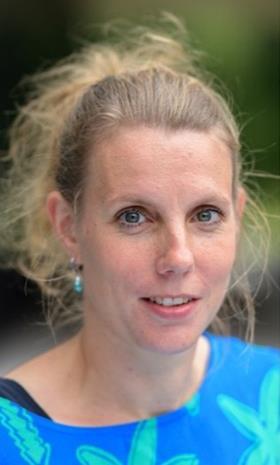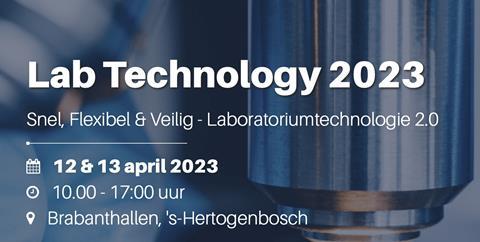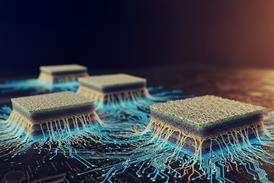Microfluidic devices for medical applications.
Using dimensions that are smaller than the size of a human hair can offer advantages. Microfluidic system consists of µm-sized structures and can be beneficial for medical applications. In this lecture some medical applications of microfluidic systems are shown, like organ-on-chip, microfluidics for early cancer diagnostics and lab on chips for fertility issues.
Register now for Lab Technology.

About the speaker
During her PhD project, Loes Segerink developed a point-of-care semen analyser system that measures the concentration and motility of spermatozoa in human semen. After 4 years, she successfully defended this work and its impact has been recognized by the Simon Stevin Leerling award (2011), Simon Stevin Gezel award (2012), and enormous media exposure. After a postdoc visit at KTH in Sweden, she obtained a Veni grant to develop new techniques to assess and select spermatozoa for assisted reproductive technologies. In 2014 she started as assistant professor and became full professor in 2021.
















